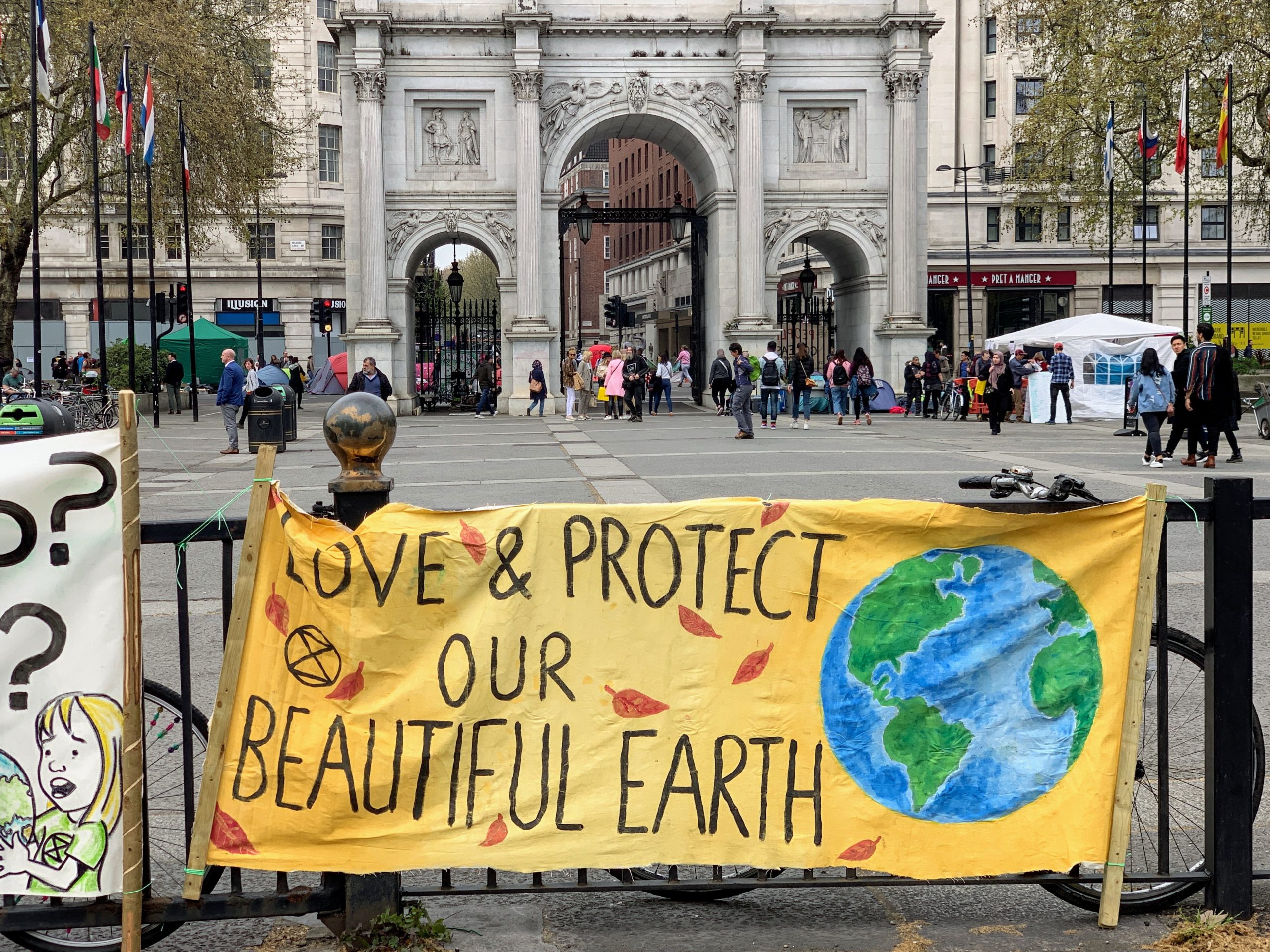On Monday the UN published a devastating report, which identifies human activity as the reason that millions of species are disappearing at a rate “tens to hundreds of times higher than the average over the last 10 million years.” The bottom line of the report, which summarizes the work of 145 researchers from 50 countries, is that the damage we humans are doing to our environment might be irreversible — if we fail to take immediate action and heed its main conclusions:
- Current global response is insufficient;
- Transformative changes’ are needed to restore and protect nature;
- Opposition from vested interests can be overcome for public good.
The following articles offer various responses to the report’s conclusions.
It’s not too late to prevent the extinction of over 1 million animals and plants, reports Seth Borenstein for the Associated Press. In order to stop or even reverse this trend, we need to change how we produce food and energy, reduce waste, and address climate change — all monumental tasks that will require cooperation between governments, companies, and people.
If you’ve been hearing a lot about this report but need a little context to understand its significance, The Guardian published an excellent back-to-basics explainer on biodiversity. It explains how one species can be an integral part of an entire system; the financial toll that biodiversity loss takes on humans; and the benefits humans have reaped for centuries from the diverse animal and plant species that cover the earth.
The call for a Green New Deal in the United States is spreading. A proposal to rework Canada’s economy in order to battle climate change has the support of environmentalists, youth organizers, Indigenous groups, and others. Learn more here.
The Green New Deal, while ambitious and promising, won’t be enough on its own to save the environment. Ben Adler argues, in an opinion piece for the Washington Post, that the Green New Deal must include support for developing nations to invest in more expensive clean energies as they industrialize. These countries have already said they are open to more ambitious energy goals — if they receive support from more financially secure nations. Cooperation is possible. Read more here.
Finally, your ICYMI author recently published a how-to for Lifehacker on growing a bug-friendly garden anywhere — no matter how much or how little outdoor space you have. Insects are an integral part of the food chain, and pollinators are essential for growing fruits and vegetables; any small amount you can do for them is a help. Learn how here.



